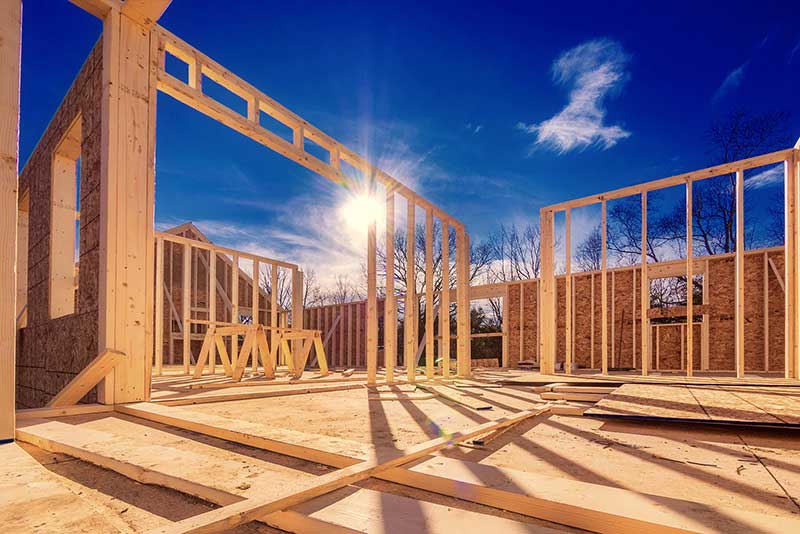
Before starting your building project, it is important to ask some basic questions about builders experience, qualifications and credentials:
- How long have you been building custom homes?
- What licenses, accreditations, and professional affiliations do you have to support your experience?
- What differentiates you from other custom builders in the area?
- Do you carry liability insurance to protect my project and workers’ compensation insurance for your employees?
Following are 10 more questions to help you get started in your quest for the perfect builder.
If your potential builder sees a problem in what you are planning you need to know about it as early as possible. A builder might raise questions about your existing house and structural system or have some useful feedback about the design. Remember, the builder is focused on practicalities and is well-placed to spot potential issues; for example, if there are any parts of the project for which the cost could spiral out of control. This question will give you useful information about what to expect before you move forward.
This question is an excellent way to start a discussion about whether the builder is accustomed to working on projects like yours and whether they have the processes in place to manage your project well. For example, renovating a kitchen or a bathroom is a very different type of project from managing the construction of a complete home. Some companies specialise and some regularly handle projects of varying sizes. You need to know that your builder has the right experience for your project – whatever its size.
Even small building companies generally have more than one project underway at a time. The more employees they have, the more projects they are able to run concurrently. Asking this question can open up a conversation about how many projects they can realistically run and whether they have the resources to manage yours. A good follow-up question is: Will the person assigned to manage my project be managing other projects at the same time?
Great project management depends on efficient scheduling – both in terms of how the builder schedules staff, subcontractors and resources, and in terms of sequencing the different parts of the project. That schedule should also be clearly communicated to you. Many builders use a task-based approach using start and end dates to manage not only your project but also the projects that are scheduled before and after yours. If you have a copy of the schedule, it’s easier to know what you’re entitled to expect and anticipate when decisions will need to be made.
Some of the earlier questions will have given you information about staffing and this is the key question that tells who you should expect to see and when. The company owner may drop in for an inspection visit, a lead carpenter or superintendent may be onsite full time, or the project manager may attend for several hours per week. The answer to this question gives you an insight into how much attention your project will get from the company and the resources you are entitled to expect.
Depending on the size of the company, it may be that the same person who makes the initial visit and estimates your project is also the person who performs the work. Alternately, there may be complete separation between salespeople, estimators, project managers, superintendents and a crew of carpenters and others who perform the actual work onsite. The danger when dealing with a variety of people is that important information can get lost or forgotten – having some clear and agreed lines of communication from the start is the best way to keep things under control (and it gives you a useful basis for comparison when choosing between potential builders).
A builder might have staff with a range of skills but still, subcontract to other companies or licensed subcontractors for particular elements of the project. Knowing what work the builder will do directly and what will be managed via subcontractors will give you a sense of how the builder runs their business and the skills their employees will bring to your project.
A discussion about ownership of the company and the roles and responsibilities within it will give you an idea of the company’s capacity to manage your project, carry out the schedule, handle paperwork and provide you with the service you have been promised.
It may be tempting to handle some aspects of the work yourself (after all, it can give you more control over the project and/or materials) but if you wish to do so then make sure you discuss it up front. Many builders prefer to only take on projects for which they do all the work from start to finish, but some are more flexible. Go down this path very carefully so you are both clear about what the builder is responsible for finishing and which elements of the project rest with you.
The final paperwork generally includes lien releases, final permit sign-offs and information about warranties. It might also have as-built drawings showing mechanical locations, photos of the interior of the home before insulation is installed, manuals for installed equipment and a complete list of subcontractors on the project. Ask about this in advance so you know what to expect and what, if anything, you will need to track down or document yourself.
Compiled by Paul Hindes. This article appeared in Houzz